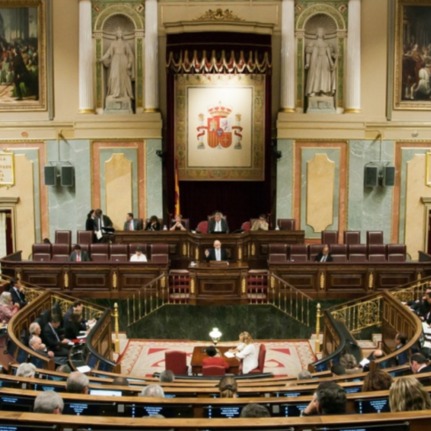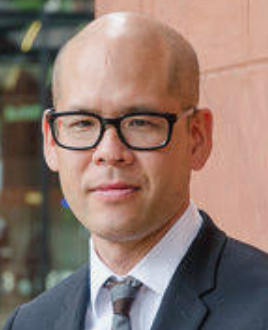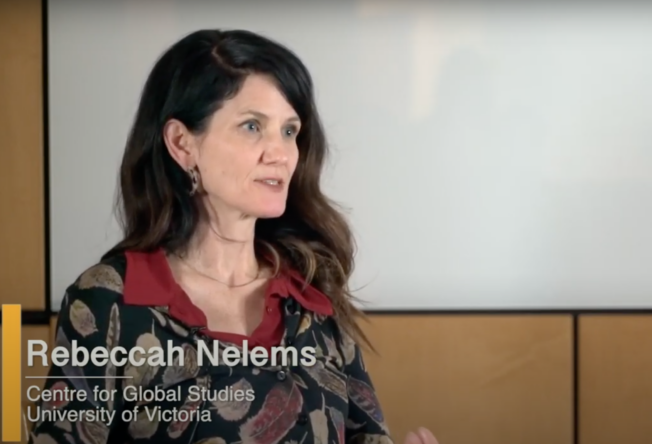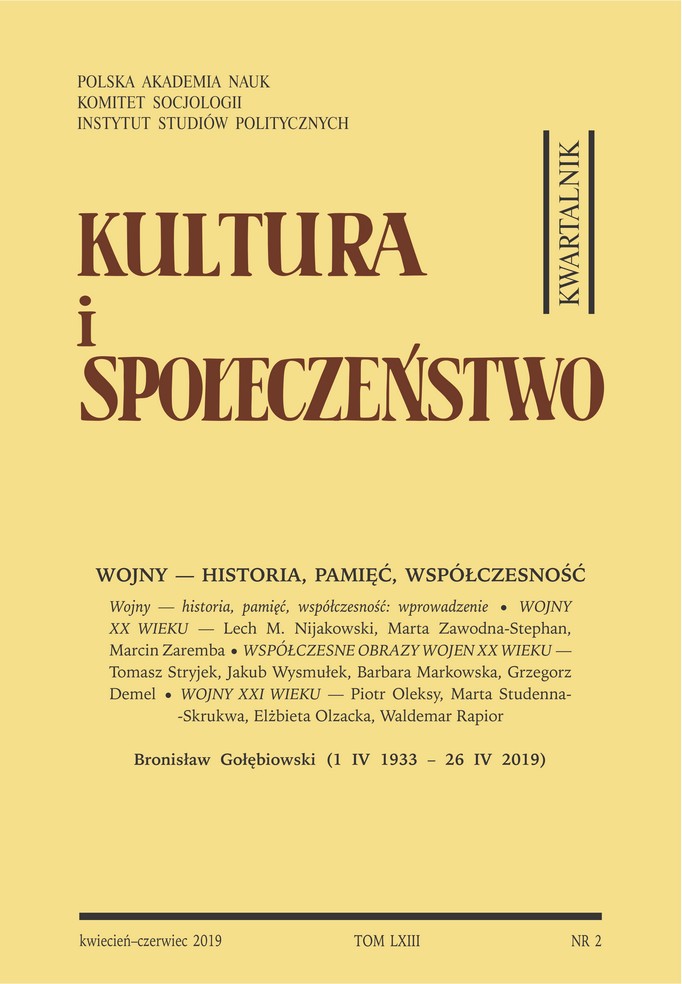Prof. Daniel Weinstock: Global Responses to Populism and its Causes
Daniel Weinstock is Professor and the Director of the Institute for Health and Social Policy in the Faculty of Law at McGill University. He participated in the international conference “Constitutionalism in the Age of Populism”, March 6-8, 2020 giving a paper with the title: “Global Responses to Populism and its Causes”.
During the conference, Dr. Daniel Weinstock also participated in the video series on Populism and Democracy and accepted the invitation to respond to a bold question: “What are the greatest challenges that populism poses to democracy?”.
For Daniel Weinstock, the main threat that populism poses to democracy is that it is inherently suspicious of liberal democratic institutions, as it views them as obstacles to the expression of the will of the “real people”. However, these very institutions – despite their imperfections – are the very condition for a pluralist democracy to thrive. What happened – notes Weinstock – is that there has been “a marriage” between populism and conservative nationalism. This union has given people a language to express their feeling of being vulnerable due to a whole range of different factors. Therefore, the challenge for people that have a more pluralistic view is also to find a language to address these often inchoate fears that members of historical majorities have felt.
But according to Weinstock, this language should go beyond the technocratic and managerial tendencies shown by liberal parties – “the ones with a small ‘l’”. These parties need to present a vision of why these things matter to those very people who feel attracted to a more dangerous populist message”, says the scholar, adding that the political survival of these parties depends on it. Finally, the Weinstock adds that although we are living in a period of crisis for traditional political parties, these are still a “necessary evil” in a democracy, especially for their “epistemic function”. Thus, what they should do is to regain their ability to mediate, to make the complicated world intelligible to people.
Short Bio
Daniel Weinstock was a visiting doctoral student at Harvard University, received his PhD at the University of Oxford (DPhil in philosophy) and did his postdoctoral work in the Department of Philosophy at Columbia University. Daniel Weinstock joint then the faculty as a Professor of Philosophy at the Université de Montréal, were he held the Canadian Research Chair on Ethics and Political Philosophy and the director of the Research Centre on Ethics at Université de Montréal (CRÉUM). He is a prize fellow of the Pierre Elliott Trudeau Foundation (2004), and a recipient of the André-Laurendeau Prize given by the Association canadienne-française pour l’avancement des sciences. He is also a member of Centre d’études ethniques des universités montréalaises (Université de Montréal).
Daniel Weinstock’s research explores the governance of certain types of liberal democracies, and the effects of religious and cultural diversity from an ethical perspective on the political and ethical philosophy of public policy. His areas of expertise include the politics of language and identity, democracy, citizenship, and pluralism.
He has published many articles on the ethics of nationalism, problems of justice and stability in multinational states, the foundations of international ethics, and the accommodation of cultural and moral diversity within liberal democratic societies. He has also been an active participant in public policy in Québec, having been a member from 1997 to 1999 of a Ministry of Education working group on religion in public schools, and from 2003 to 2008, the founding director of Quebec’s Public Health Ethics Committee.
Professor Daniel Weinstock was awarded the 2017 Charles Taylor Prize for Excellence in Policy Research by the Broadbent Institute.
This video is part of the CEDoD project and was produced as part of the event “Constitutionalism in the Age of Populism”, which took place on 6-8 March, 2020 in Victoria, BC. CEDoD stands for “Canada Europe Dialogue on Democracy: Democratic Deficit and the Rise of Populism in Europe”. This project is co-funded by the Erasmus+ Jean Monnet Action of the European Union, the Centre for Global Studies, University of Victoria, the Social Sciences and Humanities Research Council of Canada (SSHRC), the Faculty of Law at the Eötvös Loránd University (ELTE), the Australian Government through the Australian Research Council and the University of Victoria: the Faculty of Law, the Centre for Global Studies, Vice President Research Office, Faculty of Humanities and the Faculty of Social Sciences. The European Union support for the production of publications does not constitute an endorsement of the contents which reflect the views only of the authors, and cannot be held responsible for any use which may be made of the information contained therein.









